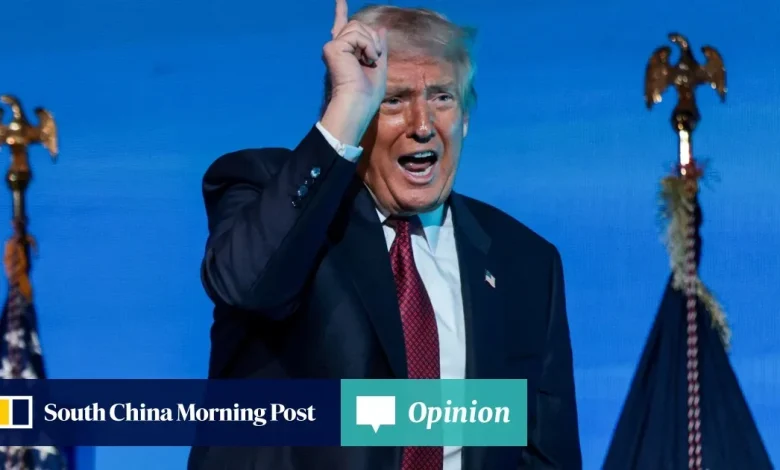Opinion | US national security focus throws a spanner in the workings of global trade

Regardless of the outcome of the challenge to US President Donald Trump’s powers under the International Emergency Economic Powers Act now before the Supreme Court, Treasury Secretary Scott Bessent has made clear the administration will continue to use national security rationales to enact its disruptive trade measures.It was not always thus. Nations have always had national security interests. Major powers have always engaged in espionage targeting adversaries – even allies. But since the post-war founding of the rules-based international trading system, it was understood that governments viewed national security and trade matters as parallel worlds best kept at arm’s length. Conflicts were managed offstage, enabling the cool-headed diplomacy required.A classic example was when a Boeing 767 plane delivered to China for then-president Jiang Zemin’s official use was found in 2002 to be infested with bugging devices. Publicly, there were no fireworks. The Chinese government refused to confirm or deny the incident, only helpfully noting that if such an incident had occurred it would not interfere with US-China relations. Meanwhile, a White House spokesman offered a curt: “We never discuss these types of allegations.” China continued to buy Boeing planes. That was the way it was done.Fast forward to 2012. The United States, increasingly unsettled by the emergence of China as a peer competitor, begins to issue grave warnings over Huawei Technologies’ links to the Chinese government and potential data collection threats. Then the Snowden leaks hit, exposing US telecommunications and social media companies’ collaboration with US intelligence.Unabashed, the US continues the airing of national security concerns with the imposition of national-security-driven tariffs on steel and aluminium in 2018 and the targeting of TikTok in 2019. Not surprisingly, the World Trade Organization is petitioned to make only its second-ever ruling on its till then mostly dust-gathering Article XXI, which allows members in some circumstances to ignore their WTO obligations when required by “essential security interests”.In December 2022, a dispute panel ruled against the US. In response, the US said the WTO had no authority to examine member states’ claims of national security issues. Then, in a cynical stroke of administrative sleight of hand, the US relegated the offending ruling to toothless legal limbo by appealing against it, knowing the WTO no longer had a functioning appeals system – because since 2017, the US had purposely blocked all appointments of appellate judges to the WTO.
04:45
US, China and the “doomsday scenario” for the global trading system
US, China and the “doomsday scenario” for the global trading system




